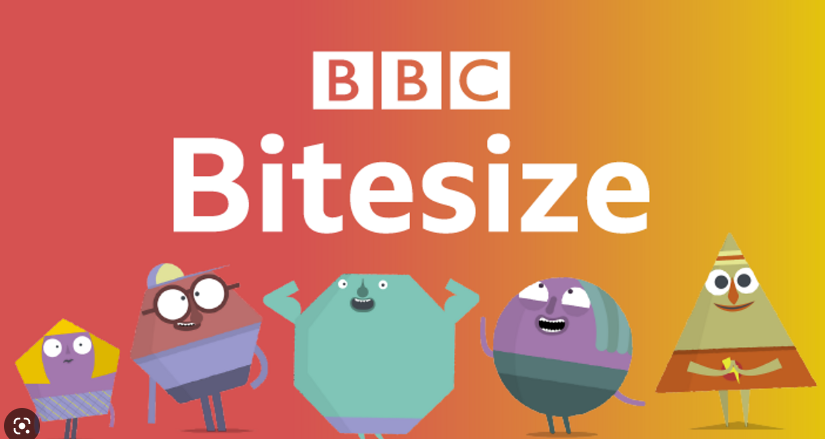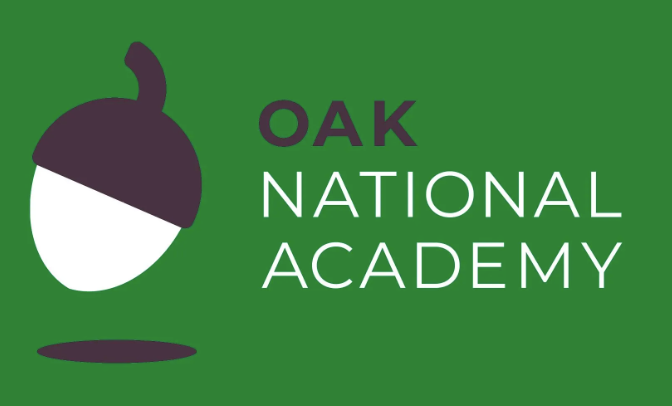English - Writing
Intent
At Even Swindon Primary School, we are writers.
We believe that an experience-rich, purposeful English curriculum will equip children with an eloquent command of the English language. Children will be inspired to speak, read and write fluently and articulately so that they can communicate their ideas and emotions effectively.
We have carefully designed our English curriculum so that pupils develop a deep understanding and love for the English language and therefore, have the skills and techniques to communicate to a variety of audiences, for a multitude of real-life purposes.
We strive to inspire our pupils to produce purposeful writing, which draws upon their immersion in high quality texts. Our children will become coherent writers, who can demonstrate a wide range of knowledge for both the grammatical content of the English language, as well as drawing upon the real-life context for which they are writing.
Implementation
- Writing is taught as a daily focus in each class.
- Age-appropriate skills are taught and embedded through a variety of text types and purposes.
- Units of work in English are centred around a high quality text and links to the wider curriculum, where possible, with the aim of making meaningful links. As much as possible, pupils use first hand experiences and exciting class texts to base writing outcomes on.
- The writing process includes identifying the key features of our chosen text type, developing our understanding of the relevant grammatical skills required for this particular purpose, planning our own writing based on experience-rich opportunities to deepen our understanding of the writing such as through role play, drawing upon our reading, modelling and oracy activities; we then write, edit and publish our work.
- Children regularly write independently, providing at least 2 opportunities for assessment throughout the term.
- Every child is given the opportunity to learn the skills of each writing focus; lessons are differentiated to suit different attainment needs. Additional resources and adults are available to support any further needs. Phonic interventions are provided to support with spelling, pre-teaching enables early access to challenging key vocabulary and grammar skills. For transcription, children can access both gross and fine motor skills interventions as well as handwriting support.
- Children are provided with opportunities to access a working wall and displays in the classroom; they have flip file resources, talk tins and dictionaries and thesauri within their learning environment; children have a carefully selected book linked to their learning, as well as for pleasure, in order to develop their vocabulary; visitors are used to inspire children and increase to their love of writing; trips are utilised to create further experience-rich opportunities to develop their understanding of purpose; outside, there is space to perform on stage as well as the outdoor classroom where children can share stories and their own masterpieces.
- In the early years, through expressive arts, children are encouraged to mark-make, recognise the purpose of writing, and develop strong visualisations for rich language. They are encouraged to express themselves through a wide variety of speaking and listening opportunities and purposeful communication tasks.
- Alongside explicit, daily English lessons, children apply their writing skills and knowledge to author visits, year group assemblies, buddying up with a class to share their work, whole school writing opportunities and linking trips in order to encourage other opportunities to write.
Writing Policy Writing Programme of Study Writing Progression
National Curriculum - Please click here for more information about the English programme of study from the Department of Education.
Impact
We believe high quality learning in English has been achieved when pupils can thoughtfully plan and write a piece of work which shows an awareness of the reader and purpose. Children achieve this when they recognise and discuss how different styles of writing have different purposes, select skills and vocabulary that are relevant to the genre of writing and have maximum effect and evaluate their own and others’ work. Children will be able to use writing as a means of self-expression and as a tool to achieve its chosen purpose.
This will be evident through children’s engagement in lessons and their ability to talk knowledgably and enthusiastically about both reading and writing. Children will show enthusiasm when learning new vocabulary and will be able to discuss and use it in their own work. There will be displays around the school demonstrating children’s writing and children will be making proactive choices to use different writing skills relevant to their current piece of work.
The impact of our English curriculum will be overseen by the subject leader(s) through learning walks, team teaching, book looks, pupil and staff voice, planning feedback, CPD delivered through both staff meetings and courses and ongoing data analysis.
Useful links
Click on the images to find out more









